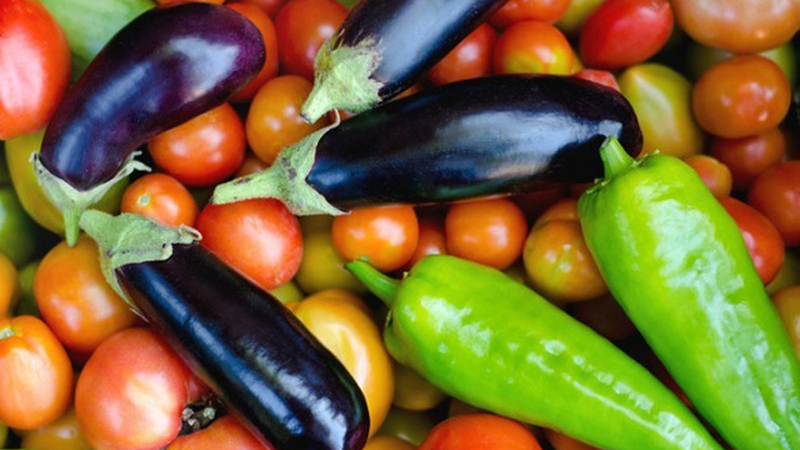Green vegetables are an excellent source of vitamins and minerals, including B vitamins, Vitamin C, and essential minerals. However, it’s important to maintain a balanced diet and not overindulge in any one food group, as even healthy options like vegetables can have negative consequences if consumed in excess.
1. The Benefits of Green Vegetables and Fruits
These plant-based foods are particularly rich in vitamins and fiber, which are essential for a healthy digestive system and overall well-being.
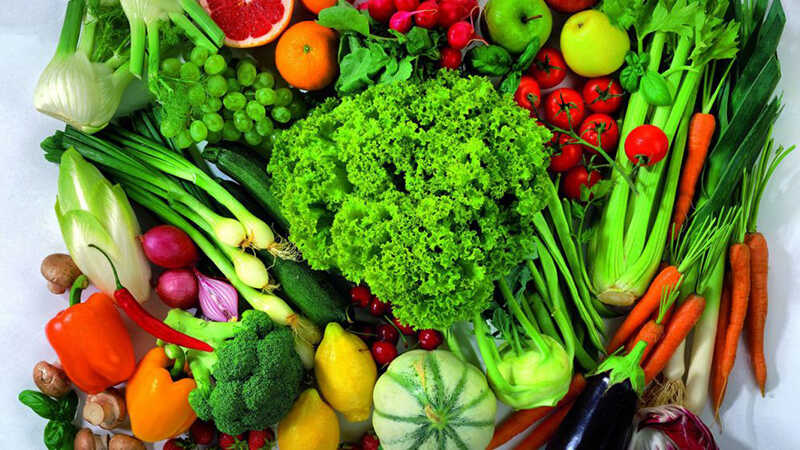 The Benefits of Green Vegetables and Fruits
The Benefits of Green Vegetables and Fruits
In addition to helping with weight management, a diet rich in green vegetables and fruits can also help prevent a range of health issues, including atherosclerosis, cancer, diabetes, and high blood pressure.
Medical professionals emphasize the importance of including vegetables and fruits in our daily diets. They recommend that we incorporate these into our lunches in particular and suggest that eggs are another good source of similar nutrients.
For further reading: Vegetables are a great source of fiber and vitamins. Let’s learn more about their nutritional benefits.
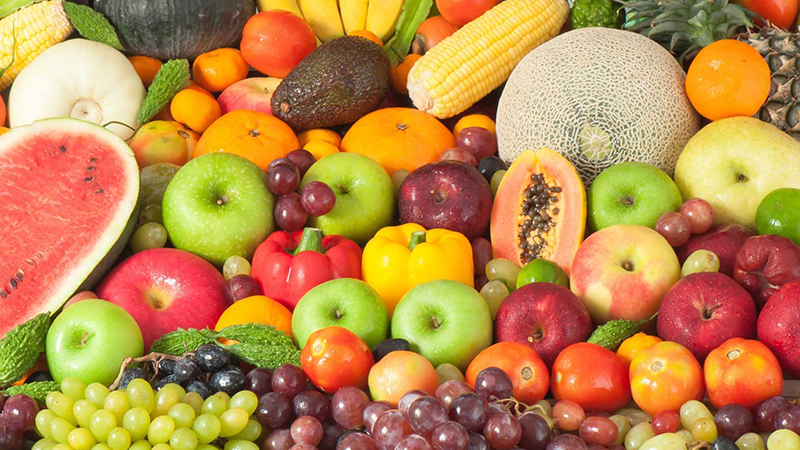
2. Is Eating Lots of Vegetables and Fruits Good for You?
It is recommended to consume vegetables and fruits in moderate amounts. A balanced diet should also include other food groups to ensure a diverse range of nutrients.
Relying solely on vegetables and fruits can lead to nutritional deficiencies. Our bodies require a daily intake of fats and proteins, and the amount of protein in vegetables and fruits is typically insufficient to meet our energy needs.
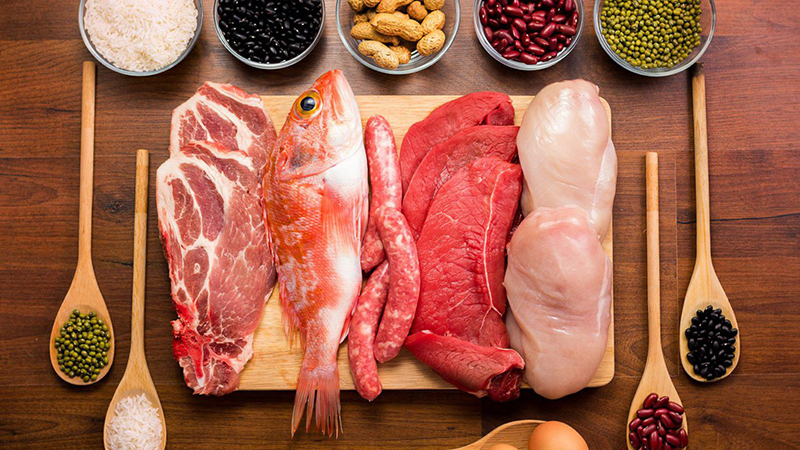
Additionally, overconsumption of green vegetables can lead to the following issues:
Bloating: Green vegetables are rich in fiber, and excessive fiber intake can lead to digestive issues and an uncomfortable feeling of fullness.
Diarrhea: Fiber plays a crucial role in intestinal transit time, and an excess of fiber can accelerate this process, leading to diarrhea.
Constipation: While it is commonly believed that eating more green vegetables prevents constipation, the opposite can occur if consumed in excess. Soluble fiber can accumulate in the intestines, absorbing all the liquid and leading to dehydration, hard stools, and constipation.
Dehydration: Fiber absorbs water from the intestines, so consuming too many green vegetables can result in dehydration as the fiber soaks up all the intestinal fluid. This can impact digestion and leave you feeling tired.
Intestinal Obstruction: Excessive fiber intake is a common cause of intestinal obstruction. Without enough water, the fiber cannot move through the intestines, leading to a blockage.
Acid Reflux: While green vegetables can help reduce acid reflux, overconsumption can put pressure on the stomach, causing acid to rise back up into the esophagus.
3. How Much Green Vegetables Is Enough?

According to the World Health Organization (WHO), the recommended daily intake of green vegetables is up to 400 grams. Consuming less or more than this amount is not considered beneficial to your health.
It’s important to maintain a balanced diet that includes all the essential food groups: carbohydrates, proteins, vitamins, minerals, fats, and fiber. Even if you’re trying to lose weight, it’s not advisable to cut out all sources of fat and carbohydrates from your diet, as this is not a scientifically supported approach.
4. Types of Vegetables and Fruits to Avoid in Large Quantities
Certain types of vegetables and fruits should be consumed in moderation to avoid negative health impacts.
Potatoes, corn, sweet potatoes, and pumpkin: These vegetables are starch-rich and should be limited if you’re trying to lose weight.
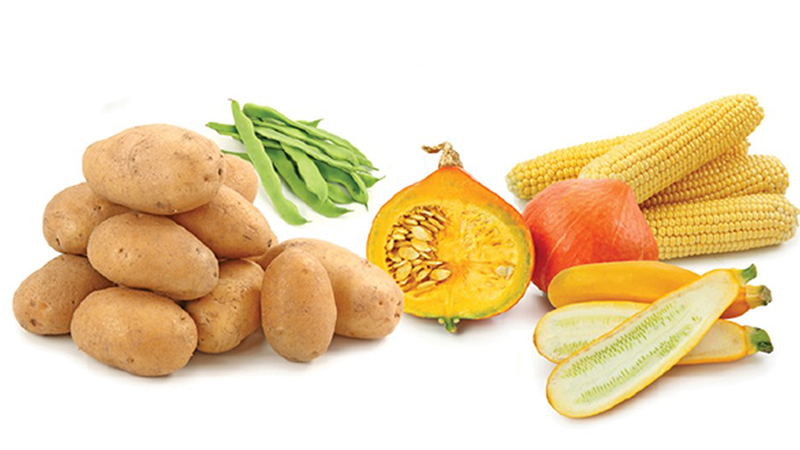
Cabbage and broccoli: Consuming large amounts of cruciferous vegetables like cabbage and broccoli can cause bloating due to the presence of Raffinose, a non-digestible sugar.
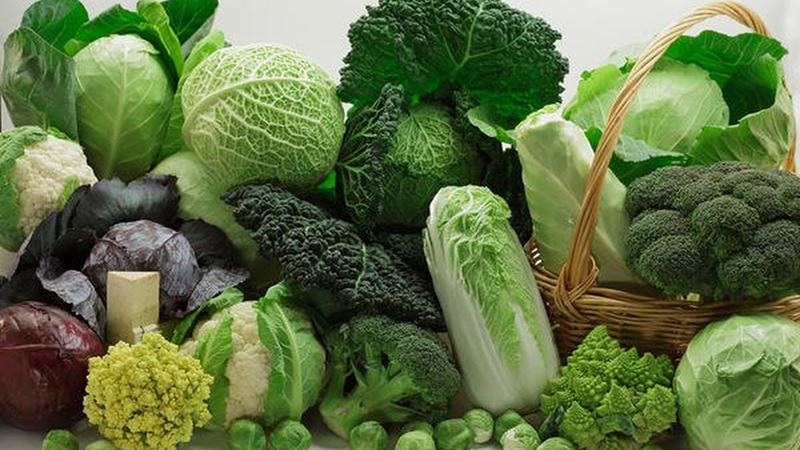
Eggplant, tomatoes, and bell peppers: Prolonged and excessive consumption of these vegetables can lead to inflammation, joint pain, digestive issues, and sleep disturbances.
